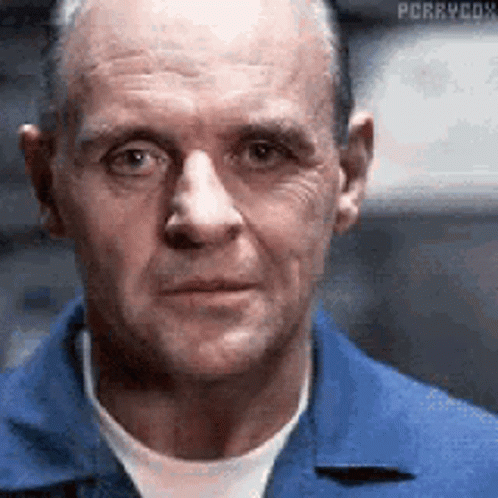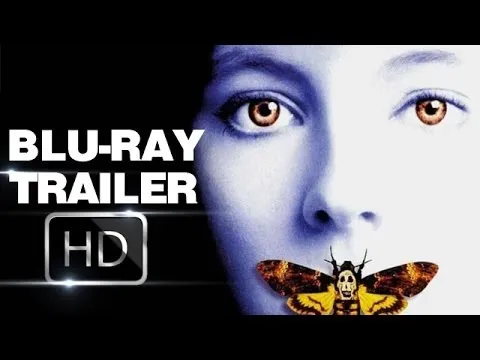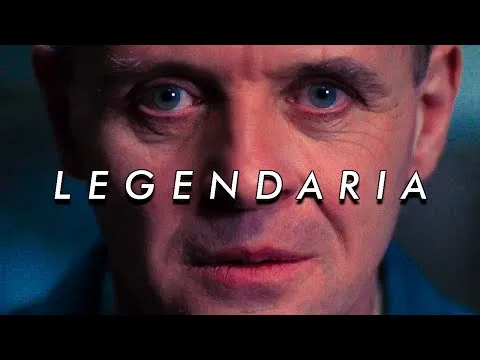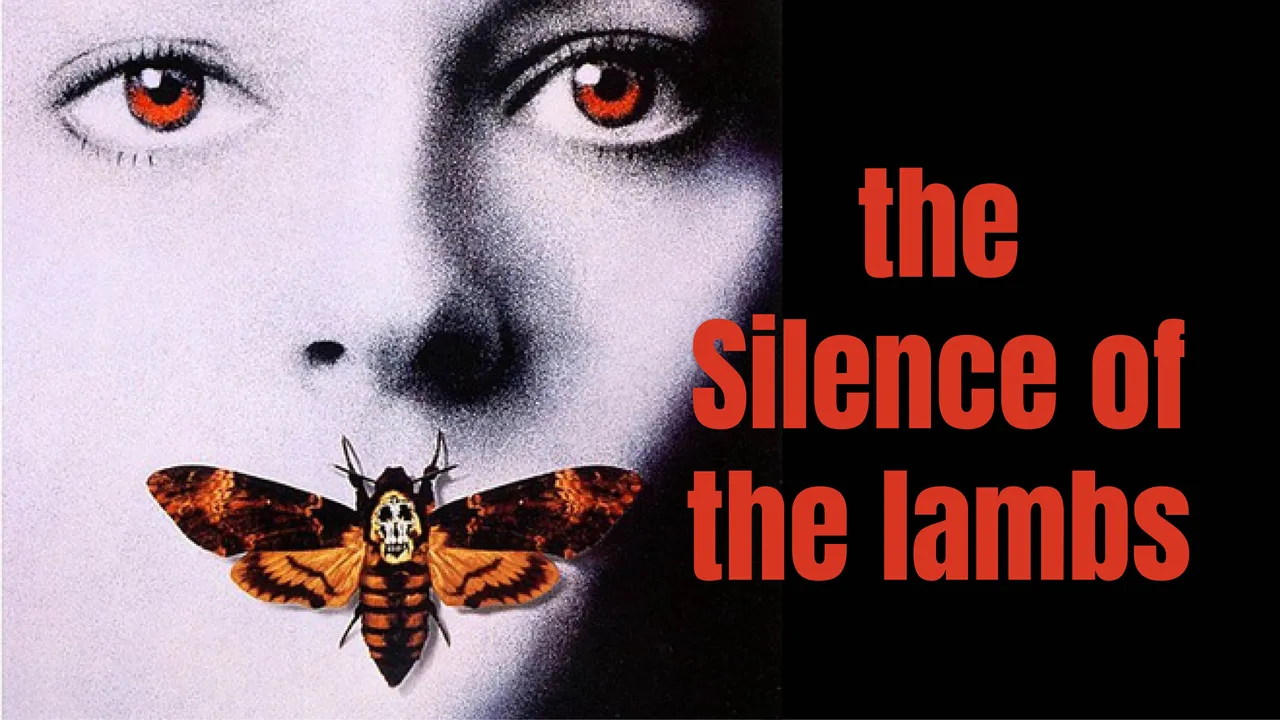
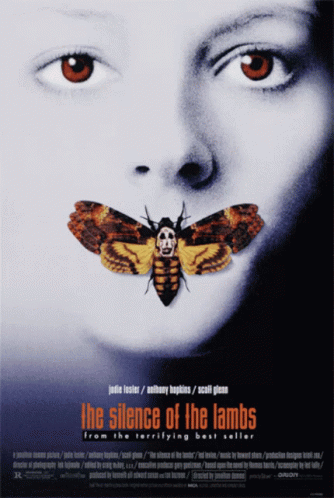
When it comes to films about serial killers, "The Silence of the Innocents" undoubtedly occupies a prominent, primordial, foundational place. Although this broad genre did not begin with this film, it is no less true that since the appearance of this film, everything related to the plot of horrendous, real crimes and above all the psychology behind macabre and immoral human behaviour, has done nothing but increase. To the point that today it is one of the canon genres, and a guarantee of success for the film distributors and companies that finance these projects. The path, the influence and the journey that this film has made is as incomparable as it is inspiring. This is how I see it, and how I analyse it.
En cuanto a cine sobre temática de asesinos en serie nos referimos, sin lugar a dudas, "El Silencio de los Inocentes" ocupa un lugar destacado, primordial, fundacional. Si bien, este amplio género no se inició con este film, no es menor cierto que desde la aparición de esta cinta, todo lo relacionado con la trama de crímenes horrendos, reales y sobre todo la psicología detrás del comportamiento humano macabro e inmoral, no ha hecho otra cosa más que aumentar. Al punto, que hoy es uno de los géneros canon, y garantía de éxito para enamores distribuidoras y compañías que financian estos proyectos. El camino, la influencia y el recorrido que labró esta película es tan incomparable como inspirador. Así es como yo la veo, y cómo la analizo.
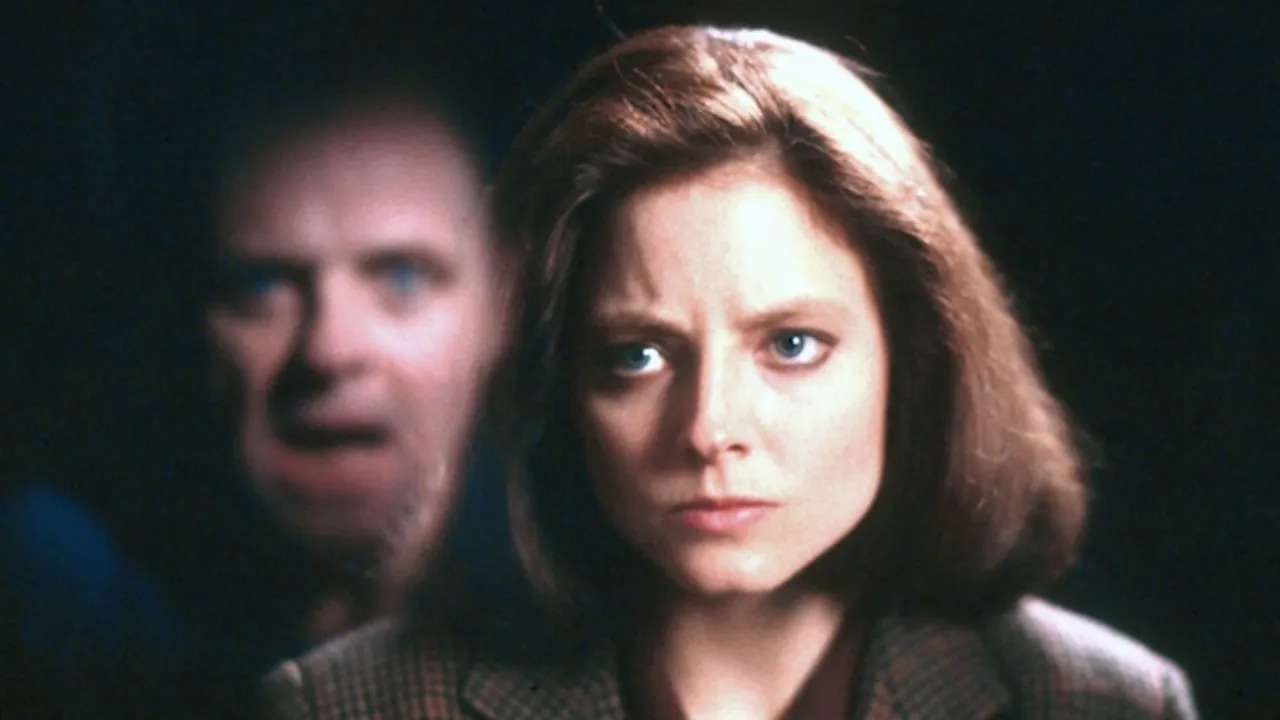
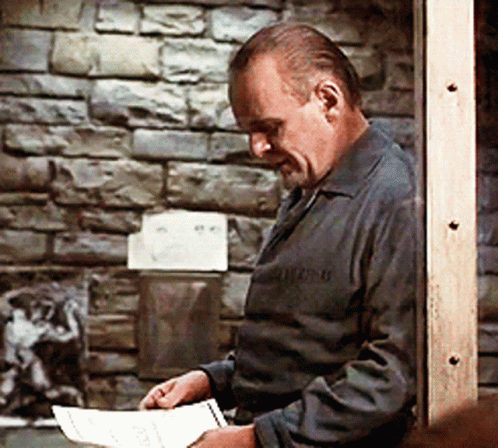
In 1991, several characteristics that we take for granted today did not exist. One of them is the independence and courage that is usually understood to characterise the female characters of our time. At that time, there were still some remnants of the delicacy, seduction and unconditional companionship that characterised the collective imagination about being a woman and the characters they brought to life. This context provides an important background for understanding the role of FBI agent Clarice Starling, played by Jodie Foster in an unsurpassed performance. For this film, actresses such as Sharon Stone and Meg Ryan decidedly chose "no" over the proposal. Because when they read the script they were horrified by the idea of the plot and thought it was "implausible" for women...
Surely, I think in hindsight, they must be very sorry for that value judgement. In 1988, Thomas Harris wrote and published the sequel to "Red Dragon", the first book in a long saga and dark police suspense thriller, what did he call it? Precisely as you are thinking: "The Silent of the Lambs". It immediately became a bestseller in the United States, and worldwide. It is its author's masterpiece, and it didn't take long for it to catch on in Hollywood. So it was that Jonathan Demme, director, and Ted Tally, screenwriter, got down to work and began to put together one of the best films of the 90's and without a doubt, one of the best cinematic stories in history.
En 1991, no existían varias características que hoy damos por sentadas. Una de ellas, es la independencia y el valor que se le suele entender a los personajes femeninos de nuestro tiempo. Por esa época, aún existían algunos remanentes de la delicadeza, seducción y compañerismo incondicional que caracterizaba el imaginario colectivo con respecto a ser mujer y a los personajes al que daban vida. Este contexto brinda una un panorama importante para entender el papel de Clarice Starling, la agente del FBI, que interpreta Jodie Foster de manera insuperable. Para esta cinta, actrices como Sharon Stone, y Meg Ryan, decididamente eligieron el "no" sobre la propuesta. Ya que al leer el guión quedaron horrorizadas con la idea del argumento y pensaron que era "inverosímil" para las mujeres...
Sin lugar a dudas, creo que mirándolo en perspectiva, deben estar sumamente arrepentidas de ese juicio de valor. En 1988, Thomas Harris escribió y publicó la secuela del "Dragón Rojo", primer libro de una larga saga y thriller de suspenso policial oscuro, ¿cómo la llamó? Precisamente como ustedes están pensando: "The Silent of the Lambs". Inmediatamente se convirtió en un bestseller en los Estados Unidos, y a nivel mundial. Es la obra maestra de su autor, y no tardó demasiado tiempo en calar hondo dentro de Hollywood. Así fue como Jonathan Demme, director y Ted Tally, guionista, se pusieron manos a la obra y empezaron a armar una de las mejores películas de la década de los 90's y sin lugar a duda, una de las historias cinematográficas mejor logradas en la historia.
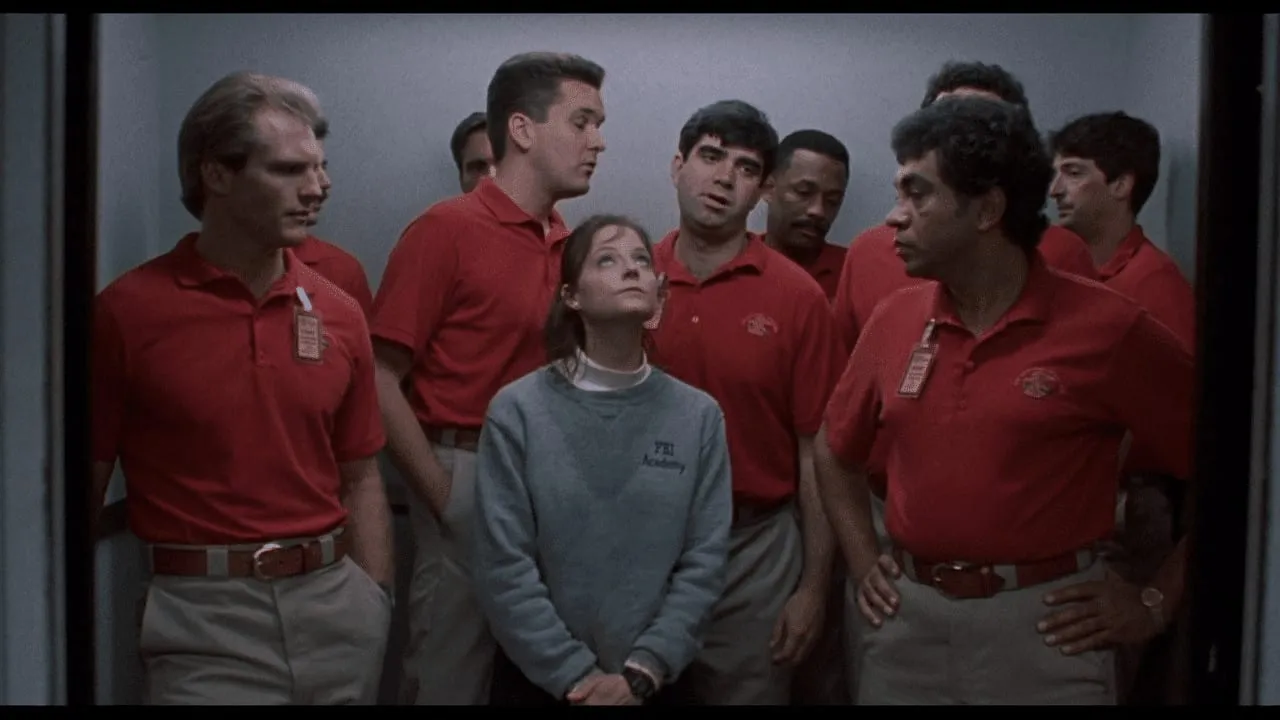
Initially, Anthony Hopkins, who we all know gave life to the famous, loquacious, refined and psychopathic villain, known as "Hannibal Lecter", was not considered as the first choice. What's more, Hopkins' work, filmography and range were virtually unknown in the mecca of cinema. Not because he was untalented, but because it is well known how Hollywood is sometimes deluded. Sean Connery, legend, icon and master actor, was the number one choice, but he turned it down immediately because he simply didn't believe in the film's ability and storyline. He felt it was too unhinged and did not want to be involved.
Inicialmente, Anthony Hopkins, quien todos sabemos dio vida al famoso, locuaz, refinado y psicópata villano, conocido como "Hannibal Lecter"; no fue considerado como la primera opción. Es más, el trabajo de Hopkins, su filmografía y alcance, eran prácticamente desconocidos en la meca del cine. No porque no tuviese talento, sino porque es bien conocido cómo peca de iluso Hollywood en ocasiones. Sean Connery, leyenda, ícono y maestro de la interpretación, fue la opción número uno, pero la rechazó de inmediato porque sencillamente no creía en la capacidad y el argumento que tenía la cinta. Consideraba que era demasiado trastornada y que no deseaba verse involucrado.
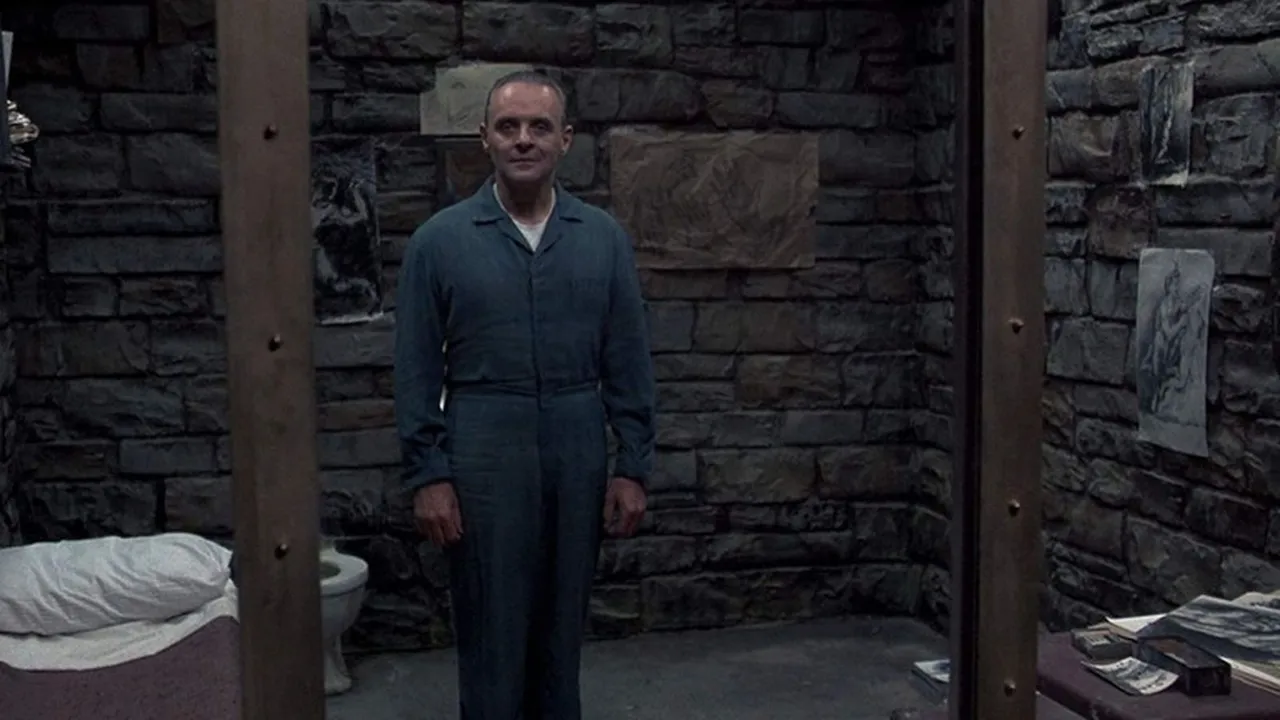
Hopkins gave the film the best 16 minutes of a dark, deeply brilliant and misguided character, the likes of which had never been seen before. In fact, he went on to win an Oscar for the marvellous and unparalleled performance he gave in that period. In fact, if you look up rankings of the best villains in the history of cinema, on many film review sites, you will see him at the top of the charts. Being number one, or at least in the top three of the list. And no wonder, what this actor gave to one of the two dark characters in the film is unquestionable. Just look at the first moments where the character appears in the film, and how his countenance imposes itself without really doing anything strident.
I am convinced that the director, Jonathan Demme, was a staunch follower of Kubrick, since it is undeniable how within the framing of the film the depth of the actor's gaze makes the audience feel fear, nerves and a sense of overwhelming vulnerability. Furthermore, while watching the film for this post, I noticed that Lecter never blinks at any point in the film. This gives even more intensity to the character brought to life by this actor. Simply, everything that is good in this film has a lot to do with the method, interpretation and execution that we can observe in Anthony Hopkins, a huge, immeasurable master.
Hopkins, le brindó a la cinta los mejores 16 minutos de un personaje oscuro, profundamente brillante y descarriado, como jamás antes se había visto. De hecho, logró llevarse un Oscar por la maravillosa e inigualable actuación que brindó en ese período. De hecho, si buscan clasificaciones de mejores villanos en la historia del cine, en muchas páginas especializadas de crítica de cine, lo verán en lo más alto de los ránkings. Siendo el número uno, o como mínimo en el top tres de la lista. Y no es para menos, lo que este actor le proporcionó a uno de los dos personajes oscuros de la película es incuestionable. Solo hay que ver los primeros instantes donde aparece el personaje en la película, y cómo su semblante se impone sin realmente hacer algo estridente.
Estoy convencido, que el director, Jonathan Demme era un seguidor acérrimo de Kubrick, Puesto que es innegable como dentro de los encuadres que tiene la película la profundidad de la mirada del actor hace que la audiencia sienta temor, nervios y una sensación de vulnerabilidad abrumadora. Además, viendo la película para realizar este post, he notado que Lecter, en ningún momento de todo el metraje de la cinta parpadea. Lo que brinda aún más intensidad al personaje que da vida este actor. Sencillamente, todo lo que está bien en esta película tiene mucho que ver con el método, interpretación y ejecución que podemos observar en Anthony Hopkins, un maestro descomunal, inconmensurable.
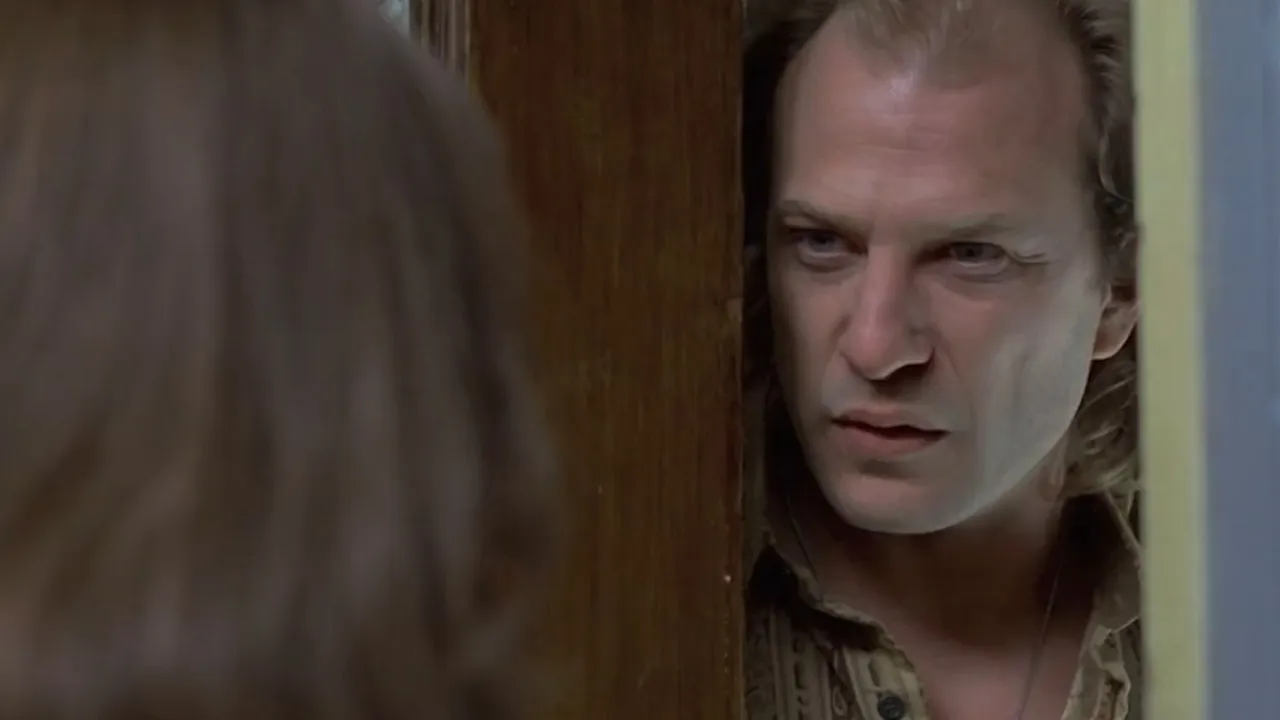
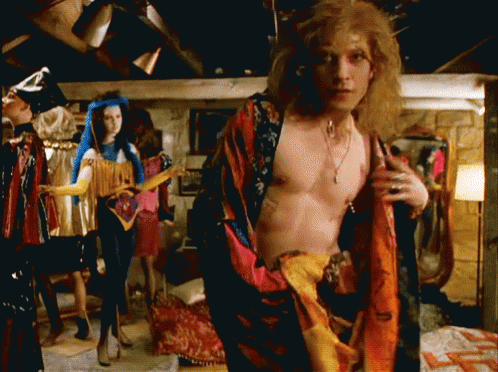
However, the story itself is rich, because its script is also rich. It is faithful to the literary work, dynamic, with psychological shots, lighting, framing and subtle transitions that make the viewer not let their guard down for a minute. It uses abrupt but unforced plot changes, it never makes the viewer lose interest, and it "forces" you to stay alert and pay attention to detail. Capturing a serial killer is the goal of the dignified, talented and unique Jodie Foster. She is novice, inexperienced, intelligent and brave. Traits that are fundamental to the character and that make her have to apply any method, even going head to head against a psychopath to learn to think like Buffalo Bill, the other person and killer in the story.
Sin embargo, la historia en sí es rica, porque su guión también lo es. Es fiel a la obra literaria, dinámica, con planos psicológicos, iluminación, encuadres y transiciones sutiles que hacen que el espectador no baje la guardia ni un minuto. Aplica cambios de tramas bruscos pero que no se sientes forzados, jamás hace perder el interés de quien la observa, y te "obliga" a mantenerte alerta y a prestar atención a los detalles. Capturar a un asesino en serie es el objetivo de la digna, talentosa y única, Jodie Foster. Es novata, inexperta, inteligente y valiente. Rasgos que son fundamentales para el personaje y que hacen que tenga que aplicar cualquier método, incluso ir a cara a cara contra un psicópata para aprender a pensar como lo haría Buffalo Bill, el otro persona y asesino de la historia.
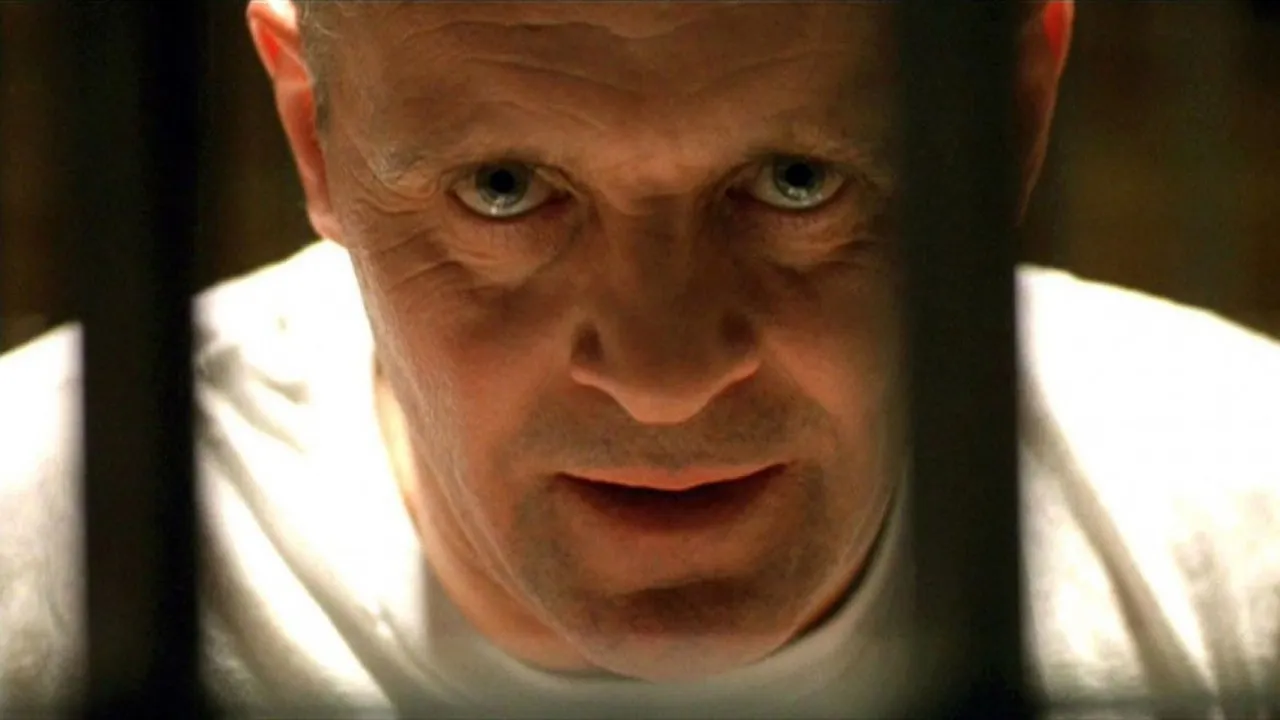
Serial killers, today we all know of at least three. In 1991 they were a reality on the streets and in the criminal record of the United States, but they also belonged to the shameful history of that country. The SIlent of the Lambs, not only showed the intricate mentality that some of these subjects possess, but also contributed to show it to the public. It delved into the psychological profile of an individual with profound damage and evil-doing capabilities like no other. A true human killing machine. With no empathy, no capacity for social understanding and no real sense of guilt. Some, seeing how this film has aged, brand it as "beautifying death", or that it "creates characters that do not correspond to reality", but I think that is not fair.
The cultural, material and cinematographic contribution of this film is simply undeniable. It is the foundation stone on which filmmakers like David Fincher, to give just one example, have based many of their precious works for cinema and the world of series. Even the great John Douglas, the mastermind behind "Mindhunter", the book, not the series, was of the opinion that The Silence of the Lambs helped a great deal to explain what the FBI and its Behavioural Science department did to the general public who were unaware of it. Moreover, criminal psychopathy had never been so profoundly exposed and brought to the cinema as in this film. I insist, without wishing to exaggerate, the impact of this gem of a film is irreplaceable and I can only surrender to its captivating spell.
Asesinos seriales, hoy todos conocemos como mínimo tres. En 1991 eran una realidad en las calles y en el registro criminal de los Estados Unidos, pero también pertenecían a la historia vergonzosa de ese país. The SIlent of the Lambs, no sólo mostró la intrincada mentalidad que algunos de estos sujetos poseen, sino que también contribuyó a mostrarlo al público. Indagar en el perfil psicológico de un individuo con profundo daño y capacidades de hacer el mal como ninguno. Una verdadera máquina de matar humana. Sin empatía, capacidad de comprensión social ni verdadero sentimiento de culpa. Algunos, al ver cómo ha envejecido esta cinta, la tildan de "embellecedora de la muerte", o que "crea personajes que no corresponden con la realidad", pero creo que es no es justo.
El aporte cultural, material y cinematográfico que tiene esta película es sencillamente innegable. Es la piedra fundacional donde cineastas como David Fincher, por sólo dar un ejemplo han basado muchas de sus preciosas obras para el cine y el mundo de las series. Incluso, el gran John Douglas, autor intelectual de "Mindhunter", el libro, no la serie, opinaba que El Silencio de los Inocentes ayudó muchísimo a explicar lo que hacía el FBI, y su departamento de Ciencias de la Conducta al público en general que lo desconocía. Además, la psicopatía criminal nunca había sido profundamente expuesta y llevada al cine como en esta cinta. Insisto, sin ánimos de exagerar, el impacto de esta joya del cine es insustituible y no me queda más que rendirme ante su hechizo cautivante.
